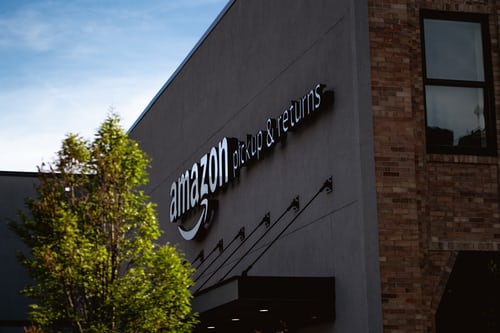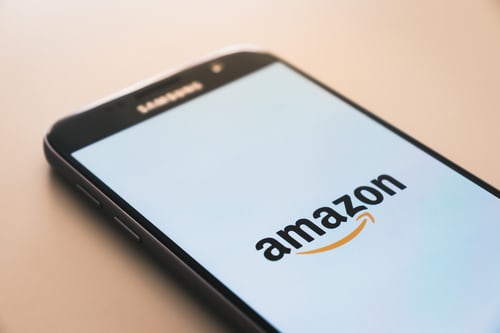Amazon insists search results are based on customer’s queries. Internal docs suggest otherwise.
Although the retail giant denies it, thousands of pages of internal Amazon documents have revealed that the online marketplace has been creating unauthentic knockoffs and covertly controlling search results in order to sell to consumers certain products and, specifically, boost its private-brands line in India. At the same time, Amazon allegedly ensured online visitors viewed its items when searching the site before those provided by other marketplace sellers. At least two high-level company executives reviewed this strategy (senior vice presidents Diego Piacentini, no longer employed at Amazon, and Russell Grandinetti, currently responsible for Amazon’s international business), first implemented in 2016, and they allowed employees to make modifications to how the site operates.
Thousands of pages of internal Amazon documents, including emails, papers on strategic product placing and a general business plan, demonstrate the retailer engaged in a “systematic campaign” of creating these knockoffs and manipulating search results to boost India’s sales. The 2016 report, titled “India Private Brands Program,” cited that Amazon’s products would be “in the first two or three search results when customers are shopping on Amazon.in.”

Kishore Biyani, who owns the John Miller shirt brand in India, was one of Amazon’s targets. Amazon outlined how it would “follow the measurements of John Miller shirts down to the neck circumference and sleeve length” to create knockoffs, the 2016 document states. And employees also analyzed proprietary data about other brands on in order to identify and target “reference” or “benchmark” items and “replicate” them. The same report details the strategic positioning of its “Solimo” brand in India, including who the company would “use information from Amazon.in to develop products. Solimo has become one of the most profitable private-brand labels since that time.
Amazon even joined forces with the same manufacturers that create goods targeted for copying in order to gain access to their “unique processes” and positively “impact the end quality of the product.” The report states, “It is difficult to develop this expertise across products and hence, to ensure that we are able to fully match quality with our reference product, we decided to only partner with the manufacturers of our reference product.” Such expertise was referred to in the document as “Tribal Knowledge.”
In 2019, Jeff Bezos, Amazon’s founder, submitted sworn testimony before Congress stating his company does not use data to create its own private-label products or tamper with search results to give Amazon a leg up. Once again, last year, Bezos stated the retailer “prohibits its employees from using the data on individual sellers to help its private-label business.”
The company has responded to the acquisition of these documents and probe into its business, “We display search results based on relevance to the customer’s search query, irrespective of whether such products have private brands offered by sellers or not.” Amazon also responded it “strictly prohibits the use or sharing of non-public, seller-specific data for the benefit of any seller, including sellers of private brands,” and that “it investigates reports of its employees violating that policy.”
In July 2021, Amazon even announced it would “introduce to India” a program it offers companies elsewhere called the ‘Intellectual Property Accelerator’ program. This is meant to give marketplace sellers access to services provided by intellectual property experts and law firms. Implementing this program is designed to “help sellers protect their brands.” This strategy seems completely counterintuitive to the internal information it began to disseminate to employees five years ago.
Sources:
Amazon copied products and rigged search results to promote its own brands, documents show


Join the conversation!